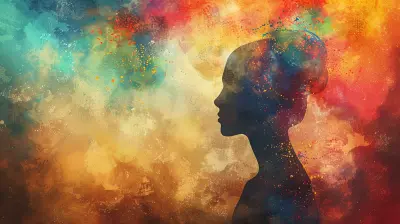How Stereotypes Form and Their Consequences on Society
22 June 2025
Stereotypes are like that one relative who always assumes you're still five years old and calls you "kiddo" even though you've got a mortgage and back pain. They're persistent, outdated, and often wildly inaccurate—but for some reason, they stick around.
Ever wondered why people so often assume that all blondes are ditzy, all nerds are socially awkward, or that cats secretly plot world domination? (Okay, the last one might have some truth to it.) Let’s break down how stereotypes form and why they can be a real problem for society. 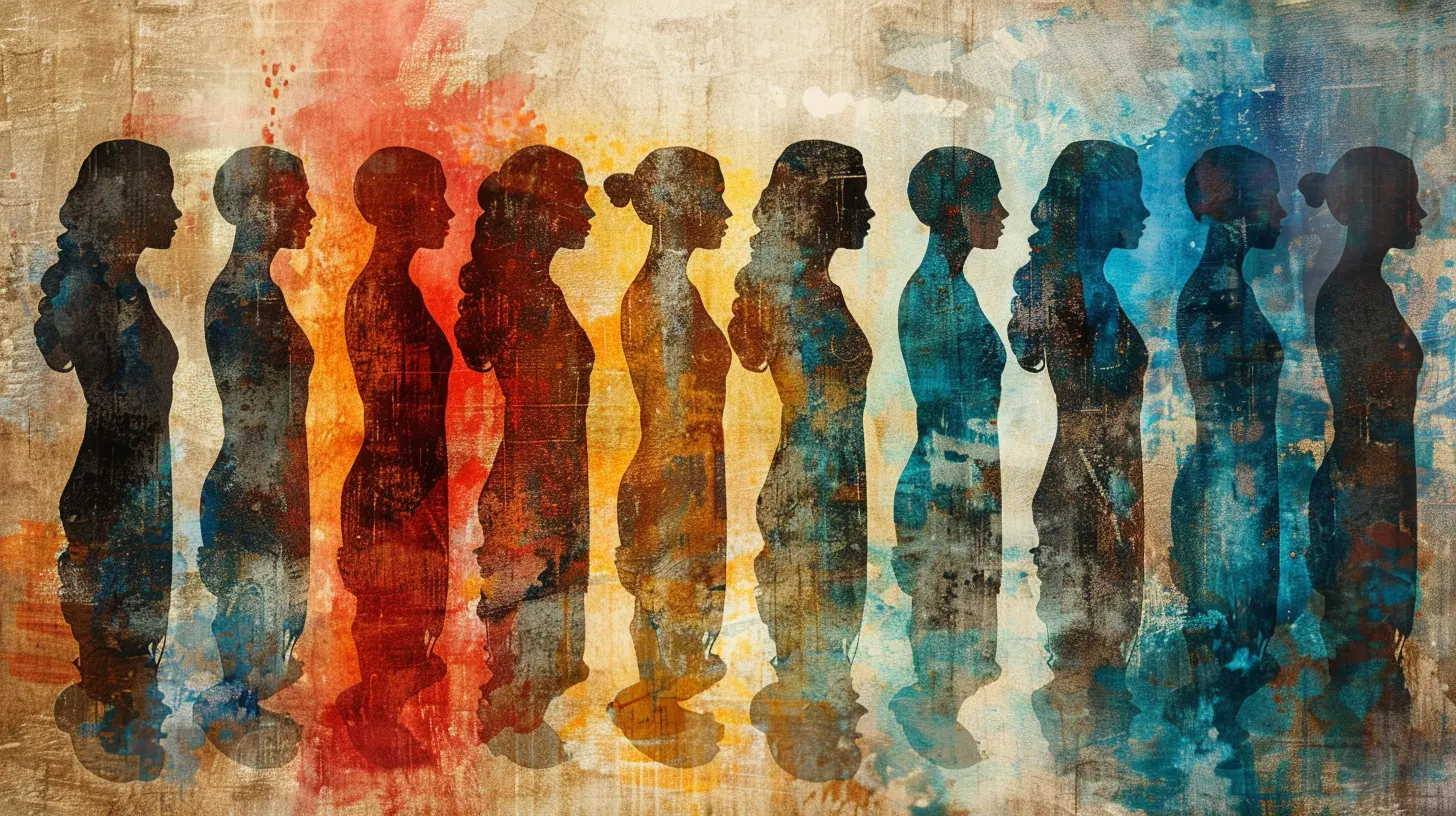
What Are Stereotypes, Anyway?
Stereotypes are generalized beliefs about a group of people. They can be positive, negative, or just plain ridiculous. Ever heard the one that all Italians talk with their hands? Well, sure, but have you ever tried arguing about pizza without using hand gestures? Impossible.Stereotypes are our brain’s attempt at taking mental shortcuts. Instead of evaluating every person as an individual, we lump them into categories based on what we think is true. It’s our mind’s way of saying, “Eh, close enough,” which, as you can imagine, is not the best way to judge people. 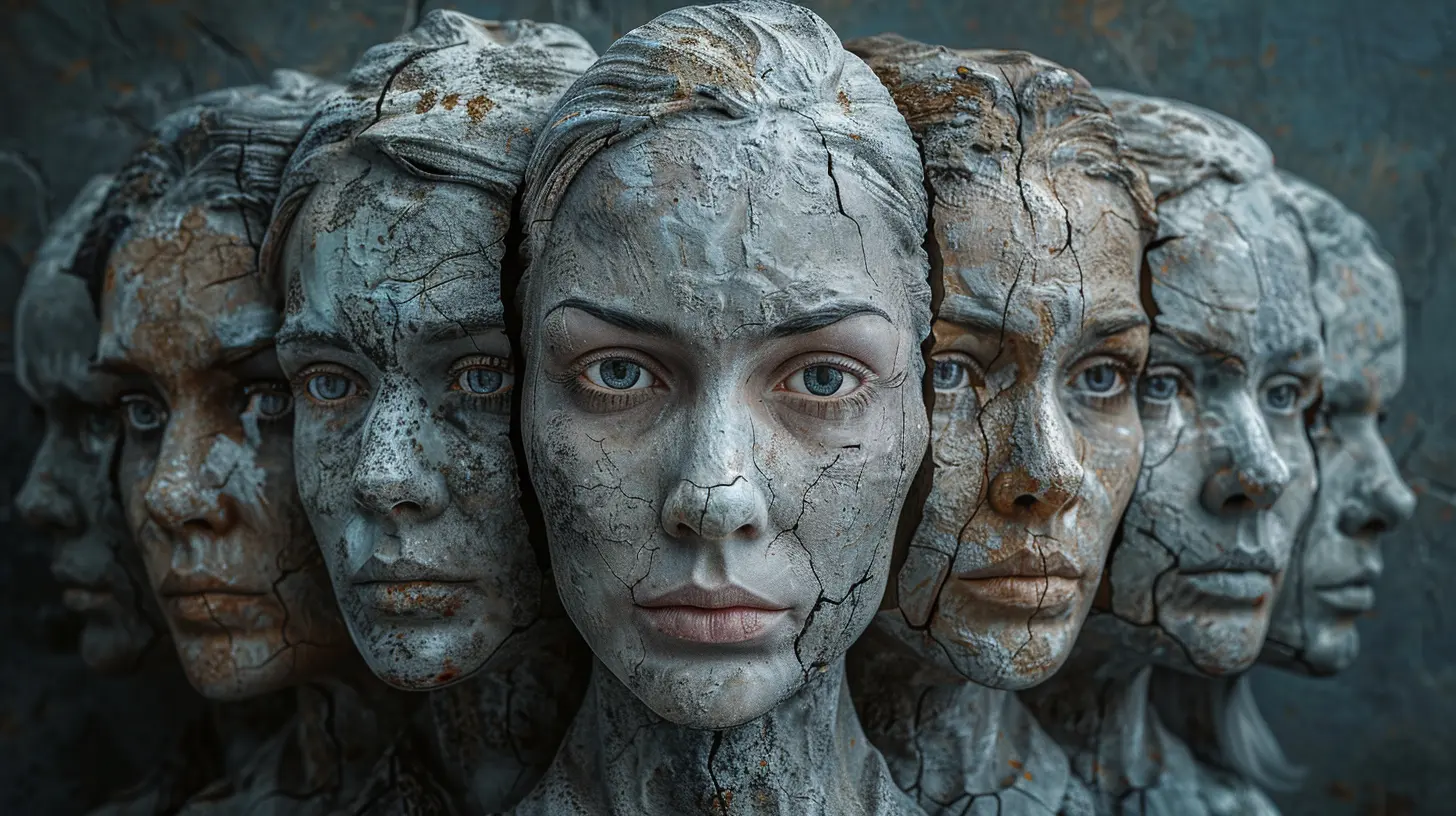
How Do Stereotypes Form?
Stereotypes don’t just appear out of thin air like a magician pulling a rabbit from a hat. They have specific origins, and believe it or not, your brain is partly to blame for their existence. Here’s how they take root:1. Socialization: The Family Hand-Me-Downs of Beliefs
Much like Grandma’s questionable fruitcake recipe, stereotypes get passed down through generations. If you grow up hearing that a certain group of people is lazy, aggressive, or overly emotional, you’re more likely to believe it—until you actually meet people from that group and realize, “Wait a minute…they’re just like me.”2. Media Influence: Hollywood, We’re Looking at You
From movies to TV shows to news headlines, media plays a massive role in shaping stereotypes. Think about it: how often do you see scientists portrayed as socially awkward geniuses with thick glasses? Or women in leadership roles depicted as either ruthless or "bossy"? These repeated patterns reinforce generalizations, making them feel true—even when they aren’t.3. Personal Experience: Your Brain Loves Patterns (Even When They’re Wrong)
Let’s say you meet three people from a particular city, and all of them happen to be rude. What does your brain do? It declares, “Aha! Everyone from that city must be rude!” It’s like assuming all cats are evil just because one scratched you when you were six. Your brain loves finding patterns, even when those patterns are purely coincidental.4. Cognitive Bias: The Lazy Side of Your Brain
Our brains are wired to take mental shortcuts because analyzing everything takes too much effort (and let's be honest, most of us are already mentally exhausted). This is called the "representativeness heuristic"—a fancy way of saying we take a small sample size and assume it represents an entire group.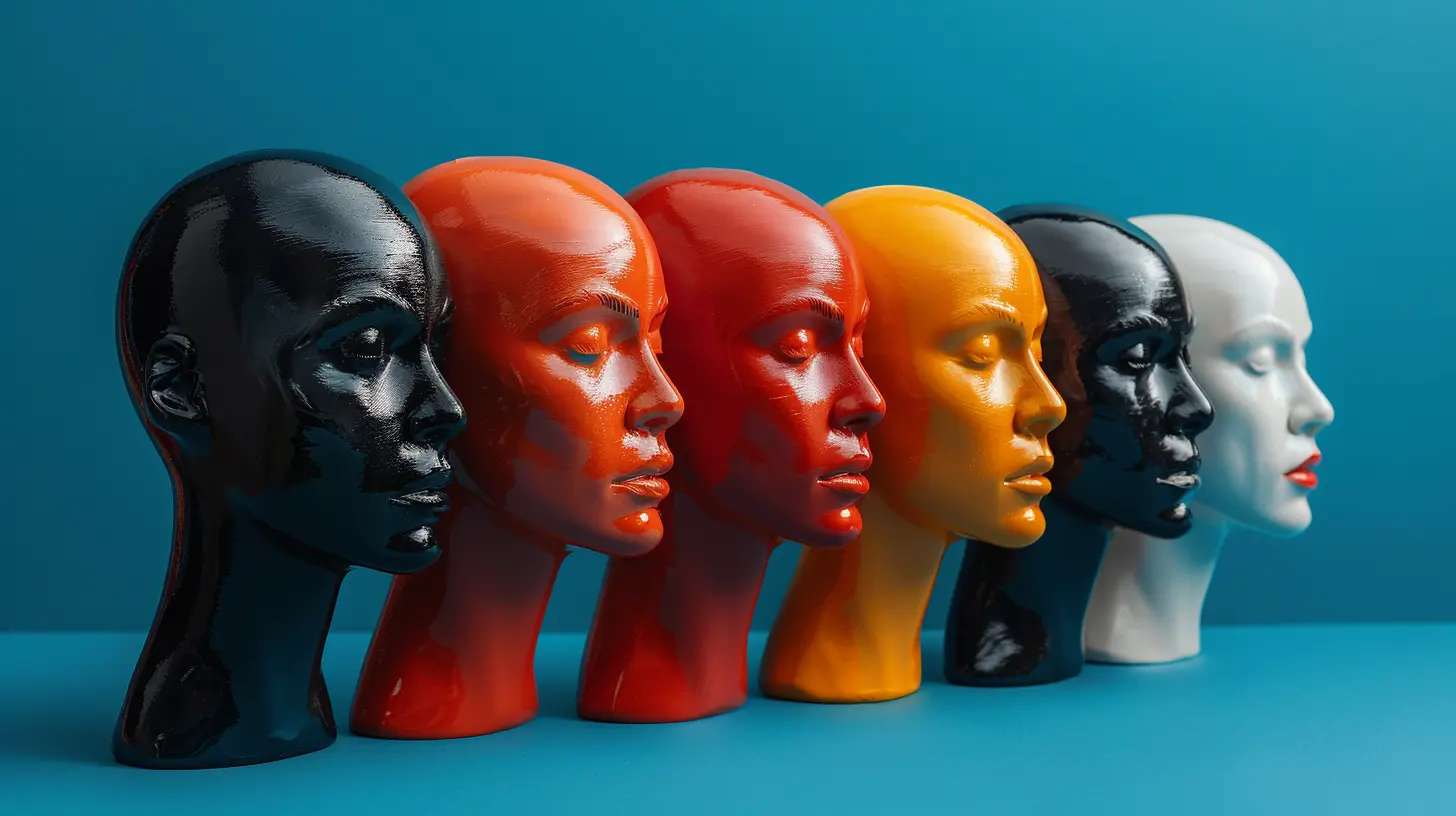
The Real-World Consequences of Stereotypes
Now, you might be thinking, "Okay, so stereotypes are a little lazy and inaccurate, but do they really cause harm?" Oh, dear reader, buckle up. The effects of stereotypes go way beyond harmless assumptions.1. They Lead to Prejudice and Discrimination
Stereotypes are like the gateway drug to prejudice. Once people start believing that an entire group possesses certain traits, it becomes easier to justify unfair treatment. This is how racism, sexism, ageism, and a long list of other -isms get their fuel. Employers who subconsciously believe certain stereotypes might hire or promote people unfairly, denying opportunities to those who deserve them.2. They Impact Self-Esteem and Performance
Ever heard of “stereotype threat”? It’s when people underperform because they’re worried about confirming a negative stereotype about their group. Studies show that if you remind someone of a negative stereotype before they take a test, it actually affects their performance. It's like telling someone, “Hey, don’t think about a pink elephant,” and then that’s all they can think about.3. They Influence Social Interactions
Stereotypes affect how we treat people, often without us realizing it. If you assume all elderly people are bad with technology, you might over-explain things in a way that comes off as condescending. If you assume all teenagers are glued to their phones, you might ignore the fact that some of them are absolute geniuses who could probably hack into your WiFi in under two minutes.4. They Reinforce Systemic Issues
Stereotypes don’t just hurt individuals—they shape institutions. Think about the stereotype that men are better at math and science. It has led to decades of women being discouraged from STEM fields. The result? Fewer female scientists, engineers, and tech leaders—not because of lack of ability, but because of deeply ingrained societal beliefs.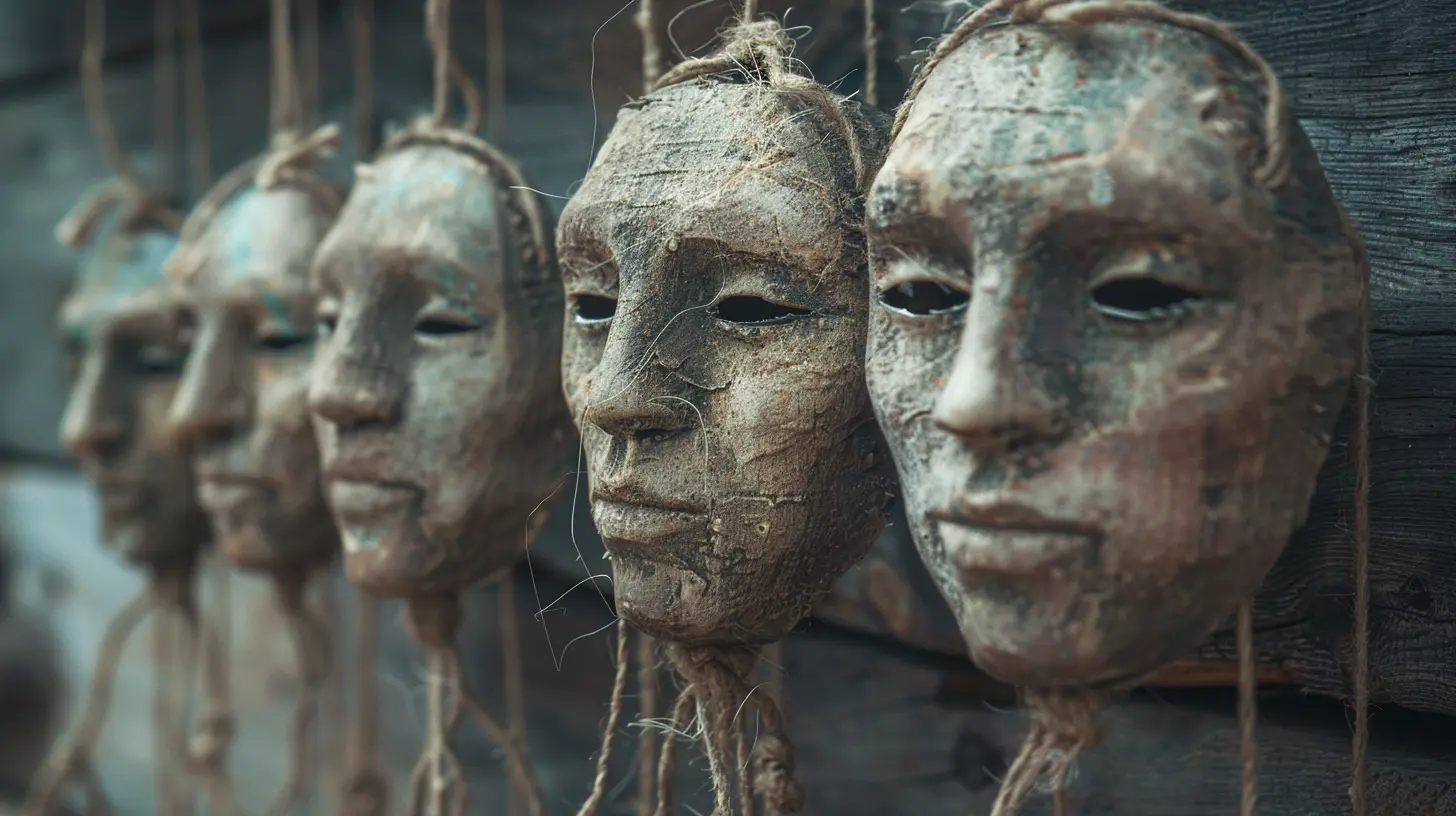
Can We Break Free from Stereotypes?
The good news is that, yes, stereotypes can be unlearned! But it takes awareness, effort, and occasionally calling out Uncle Bob at Thanksgiving when he says, “Back in my day, men did the hard work while women stayed at home!”1. Challenge Your Own Biases
Catch yourself when you make snap judgments. Did you assume something about a person based on their gender, race, or age? Ask yourself, "Is this actually true, or am I just following an old script my brain picked up somewhere along the way?"2. Expand Your Social Circle
One of the quickest ways to break stereotypes is to interact with people outside of your usual crowd. When you get to know individuals, you realize that no group is a monolith—people are diverse, unique, and full of surprises.3. Call Out Stereotypes When You See Them
Whether it’s a friend making a sweeping statement or a movie portraying outdated tropes, don’t be afraid to speak up. Change happens when people start questioning the things they once accepted as "normal."4. Educate Yourself and Others
Read books, watch documentaries, and follow people who challenge stereotypes. The more perspectives you expose yourself to, the less power stereotypes have over your thinking.Final Thoughts
Stereotypes may be deeply ingrained in society, but that doesn’t mean they’re set in stone. By questioning assumptions, expanding our perspectives, and refusing to let outdated beliefs dictate how we see others, we can create a world that sees people for who they really are—complex, unique, and way too interesting to fit into a lazy, one-size-fits-all box.So next time you catch yourself thinking that all French people wear berets or that all gamers live in their parents' basement, give yourself a mental smack on the wrist. Stereotypes might be stubborn, but with a little effort, we can kick them to the curb where they belong.
all images in this post were generated using AI tools
Category:
Social PsychologyAuthor:

Gloria McVicar
Discussion
rate this article
2 comments
Rose Ellison
This article provides valuable insights into the formation of stereotypes and their societal impact. Understanding these dynamics is crucial for fostering a more inclusive community.
November 25, 2025 at 4:47 AM

Gloria McVicar
Thank you for your thoughtful comment! I'm glad you found the insights valuable for promoting inclusivity.
Anabella Blevins
Stereotypes are societal shortcuts that often mislead; understanding their origins can help dismantle biases for a healthier community.
July 4, 2025 at 5:02 AM

Gloria McVicar
Thank you for your insightful comment! Recognizing the origins of stereotypes is indeed crucial for fostering understanding and promoting a more inclusive community.


